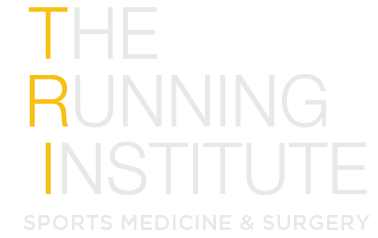Vitamin D and Your Health: Do you need to take a Vitamin D supplement?
Vitamin D levels in our blood have recently become a hot topic in regards to overall health and fitness. We now know that Vitamin D3 has an important role in maintaining many human functions, including, maintaining a healthy immune system, wound healing, bone health and the elimination of musculoskeletal pain, osteoporosis and diabetes. It is especially important in the prevention of bone fractures and essential to healing when they do occur.
The primary source of Vitamin D is natural sunlight, followed by diet and our body’s natural production. Vitamin D levels in humans can be measured by a simple routine blood test. The test is called 25-Hydroxy Vitamin D Test. 25-Hydroxy Vitamin D is converted to Vitamin D and controls the level of calcium and phosphate in our blood. Normal levels of Vitamin D have been established as 30-100 nanograms/milliliter(ng/mL). The actual level of this substance is often dependent on the person’s age and activity level.
A low level of Vitamin D can be readily addressed with the addition of Vitamin D3 supplements and dietary changes. Over the counter Vitamin D3 supplements are usually adequate in treating a deficiency. At The Running Institute we treat many patients with bone fractures and other musculoskeletal injuries. With these patients we routinely order the Vitamin D blood test to determine if a Vitamin D deficiency is an issue for normal healing. When a deficiency is detected we incorporate the following guidelines based on the test results:
30-39 ng/mL: 1000 IU/daily X 8 weeks
25-30 ng/mL: 4,000 IU/daily X 8 weeks
20-24 ng/mL: 50,000 IU/weekly X 4 weeks (Rx) or 6.000 IU daily X 4 weeks
<20ng/mL: 50,000 IU/weekly X 8 weeks (Rx) or 6.000 IU daily X 8 weeks
For a complete list of dietary recommendations to increase your Vitamin D3 level please come and see us at The Running Institute.
